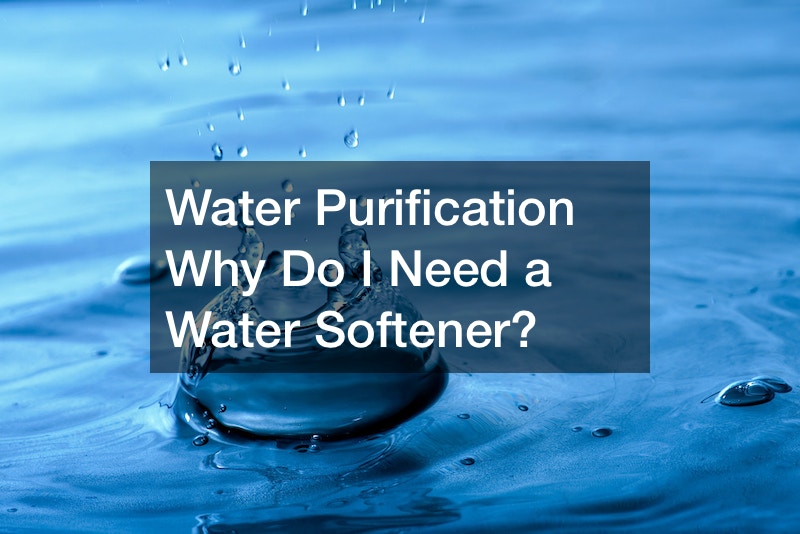

Updated 12/18/23
When considering a water softener, you might wonder, “Do I need a dual tank water softener?” The answer depends on your water usage. Picture this: a mechanical water softener with its various components working tirelessly to remove those mineral ions causing all the trouble. But for some, a dual tank water softener is a game-changer, ensuring a continuous supply of soft water even during regeneration cycles.
Especially in tight spaces, choosing the right water softener becomes crucial. A compact water softener designed for such spaces can be a lifesaver. Imagine having all the benefits of softened water without sacrificing your limited space. Understanding the components of a water softener gives you insight into its functionality. From the resin tank to the control valve, each part plays a vital role in ensuring your water is soft and free from the hardness that causes problems for your appliances and skin.

So, when you’re contemplating a water softener for your home, assess your needs, consider your space, and explore whether a dual tank system would better suit your lifestyle. Making the right choice ensures you enjoy the perks of softened water hassle-free. If you have questions about water softener components or water softener for tight spaces or any other individual needs there are answers to be had.
We all know that wonderful, refreshing feeling of drinking a nice, cold glass of water. And how easy is it to get? For most of us, all we have to do is walk up to the cooler, or open a bottle of water, or turn on the tap…and voila! Fresh, clean water is right there for us to enjoy.
Home water systems are a main source of fresh, clean drinking water. In fact, a home water treatment unit in in use in 4 out of 10 American homes, as reported by the Water Quality Association.
But what exactly do home water systems do? Of course, they produce cleaner water and purer water. This is important, because much of the available water is considered “hard”. This term indicates that there are high levels of magnesium and calcium in the water, and is the answer to the question “why do I need a water softener?”.
Hard water is present in an estimated 80% of the country and, for the reasons stated above, this water needs to be softened. Home water systems help with homes that may need water softening, by using residential water filters and a system of residential water filtration.
Home water systems that purify, filter and soften water use a water filtration process known as reverse osmosis. The question then becomes not only “why do I need a water softener”, but also, “what does a water softener do?”. Let’s look at some answers to this and see what happens in the process of softening water in home water systems.
< What is Reverse Osmosis?
Simply put, reverse osmosis is a way of purifying water. When this process is used in home water systems, or also in commercial water systems, it eliminates impurities from the water source (or a solution).
< Why Do I Need a Home Water Filter or Reverse Osmosis?
Turning on the tap and getting running water my be easy, but water in its natural state is hard. Residential water softener systems, a high capacity water softener, or even water filtration for an RV, are a good idea to have in order to maintain good quality water. This is the answer to your question: “Why do I need a water softener?”
< Why Does Water Need To Be Purified?
Viruses can live in water and they are minuscule. Reverse osmosis filters (and ultra filters) are the only way to get water cleansed of viruses. Also, as stated above, too much calcium and magnesium aren’t healthy for humans and when there is too much in the water, the water becomes “hard” and it needs to be purified, or softened.
< Is a Home Water Filter Expensive?
It doesn’t have to be. And let’s put the question of pricing into perspective: tap water, in general, costs much less than bottled water and the difference in price for what is being purchased is a factor to consider when looking at home water systems.
To sum up, the legendary actress Audrey Hepburn said it best when she said: “Water is life, and clean water means health.” Now that we have looked at the benefits of home water systems, it is clear that they improve residential water quality and are a definite way to achieve this goal of good health for everyone.